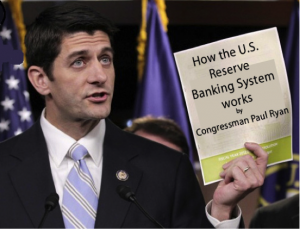Randy Wray is appearing live on Thom Hartmann’s show on Tuesday May 27th, 2014 from 3:00-4:00 ET.
Info on how to listen:
live on radio stations coast to coast…live on XM/Sirius satellite radio…simulcast LIVE on Free Speech TV on Dish Network, Direct TV, Comcast Cable, RCN, Cox Cable, Time Warner, Verizon Fios and over 200 independent community cable providers nationwide including Manhattan Neighborhood Network.
The audio and video are streamed LIVE on Thom’s website www.thomhartmann.com. Free Speech TV also streams the program LIVE on their website: https://www.freespeech.org/
FYI…the program is also streamed LIVE (audio and video) on The Thom Hartmann Program app available for iPhone and iPad (free of charge on iTunes)


 I’d like to propose an Essay Contest that might inform us better than any news talk show or presidential debate what we’re up against with our National Budget—and what might be the best course of action we should consider. Everyone in Congress should be required to participate, governors and state legislators who might become future congressional leaders should be encouraged to join in, and op-ed economic analysts invited to submit. The essays would be posted on a Congressional website established specifically to enable the public to vote on the best explanation of the topic. The topic I propose is this:
I’d like to propose an Essay Contest that might inform us better than any news talk show or presidential debate what we’re up against with our National Budget—and what might be the best course of action we should consider. Everyone in Congress should be required to participate, governors and state legislators who might become future congressional leaders should be encouraged to join in, and op-ed economic analysts invited to submit. The essays would be posted on a Congressional website established specifically to enable the public to vote on the best explanation of the topic. The topic I propose is this:








